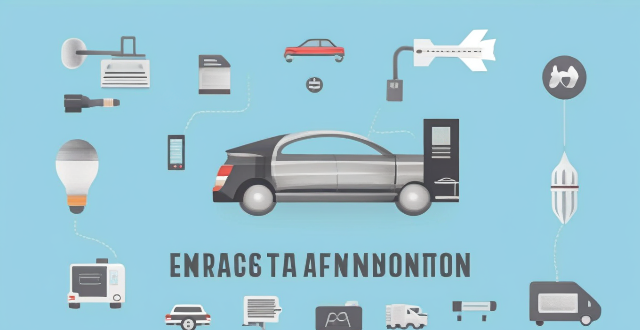The text explores the impact of air conditioning on car fuel efficiency. It explains how AC systems work and discusses both short-term and long-term effects on fuel consumption. While there is a noticeable decrease in efficiency, especially when first turning on the AC, advancements in technology have made modern systems more efficient. Alternative methods for staying cool are suggested for those concerned about fuel economy. Tips for using AC efficiently are also provided.

Does Air Conditioning Use Significantly Affect Car Fuel Efficiency?
Introduction
Air conditioning (AC) is a crucial feature in modern vehicles, providing comfort during hot weather. However, there has been ongoing debate about its impact on fuel efficiency. This discussion aims to explore whether the use of air conditioning significantly affects car fuel efficiency.
Main Points
1. How Air Conditioning Works
Air conditioning systems in cars work by circulating refrigerant through an evaporator, where it absorbs heat from the cabin, and then releasing that heat outside through a condenser. This process requires energy, which comes from the engine, affecting fuel efficiency.
2. Impact on Fuel Efficiency
a. Short-Term Impact
When you first turn on the AC, especially after starting a warm engine, it can cause a temporary drop in fuel efficiency as the system draws power from the engine. This effect is most noticeable during city driving, where frequent stops and starts mean the engine is already working harder.
b. Long-Term Impact
Over time, using the AC regularly can contribute to decreased fuel efficiency due to increased load on the engine and potential maintenance issues such as refrigerant leaks or compressor problems. However, these effects are generally gradual and may not be immediately noticeable.
3. Alternative Methods for Staying Cool
If concerned about fuel efficiency, drivers might consider alternative methods for staying cool:
- Opening windows at lower speeds (under 40 mph) instead of using AC.
- Parking in shaded areas to reduce interior temperatures.
- Using reflective window shades to block sunlight.
- Ventilating the car before turning on the AC to expel hot air quickly.
4. Modern Technology Advancements
Advancements in automotive technology have led to improvements in AC systems' efficiency:
- More efficient compressors and controls reduce energy consumption.
- Variable displacement compressors adjust based on cooling needs, reducing strain on the engine.
- Electric vehicles (EVs) often use heat pumps for cooling and heating, which are more energy-efficient than traditional AC systems.
5. Tips for Efficient AC Use
To minimize the impact of AC on fuel efficiency, consider these tips:
- Avoid running the AC unnecessarily; turn it off when not needed.
- Use recirculation mode to reduce the amount of outside hot air entering the vehicle.
- Keep up with regular maintenance, including checking refrigerant levels and ensuring the system is properly charged.
Conclusion
While air conditioning usage does affect car fuel efficiency, particularly in the short term and under certain conditions, advancements in technology have made modern AC systems more efficient. By adopting smart practices and maintaining your vehicle's AC system, you can enjoy the benefits of staying cool without significantly sacrificing fuel economy.